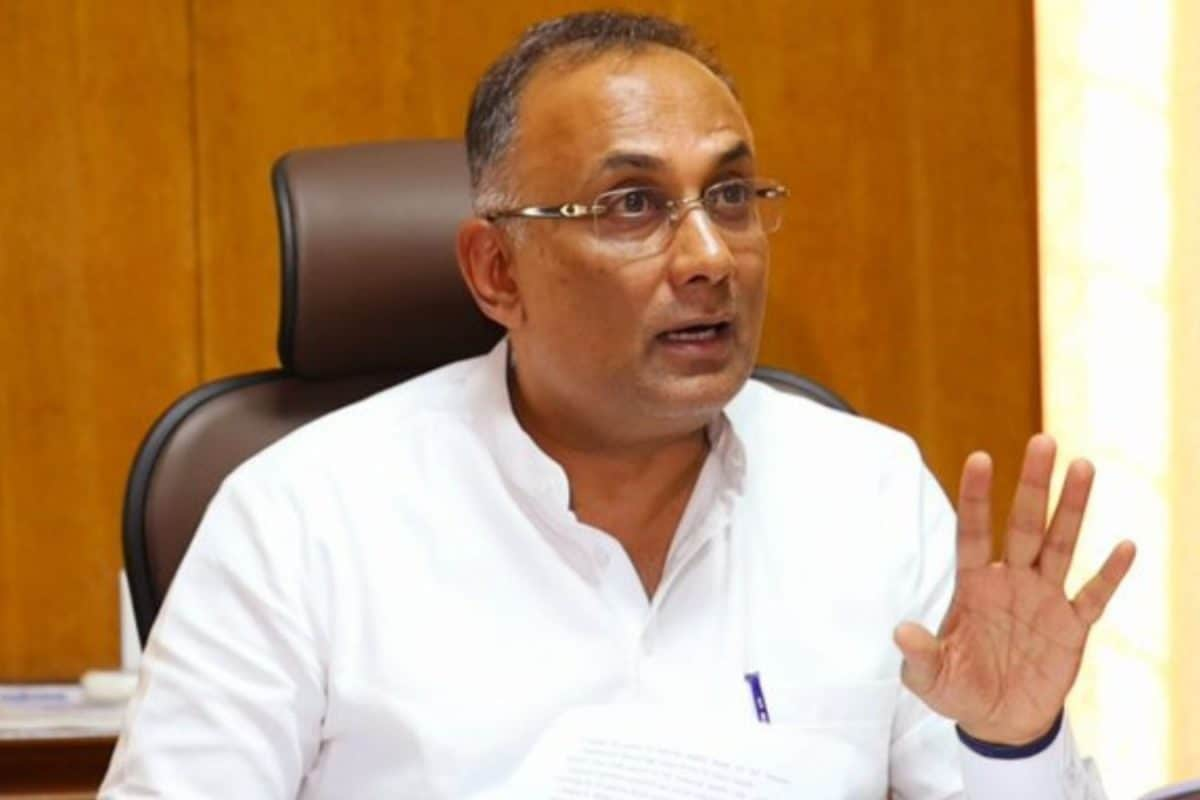Karnataka's Health Minister, Dinesh Gundu Rao, has addressed concerns regarding a recent increase in heart attack-related deaths, particularly in the Hassan district. While clarifying that COVID-19 vaccines are not the primary cause, he stated that the number of heart attacks in Karnataka has increased by 4% to 5% in the post-COVID era.
Expert Committee Findings
An expert committee, led by Dr. Ravindranath K.S., Director of the Sri Jayadeva Institute of Cardiovascular Sciences and Research, was formed to investigate the potential links between COVID-19, vaccination, and the rise in cardiovascular events. The committee's findings indicate no direct correlation between COVID-19 vaccination and sudden heart attacks. In fact, the report suggested that COVID-19 vaccination may offer long-term protection against heart-related complications. The committee's investigation analyzed data from 253 patients at Jayadeva Hospital and found that almost all had been vaccinated, yet there was no direct link established between the vaccine and heart conditions.
Lifestyle Factors and Post-COVID Effects
Instead of vaccines, the expert panel pointed to lifestyle changes and post-COVID health complications as likely contributors to the increase in heart attacks. These factors include:
- Lack of Physical Activity: Reduced physical activity and increased sedentary behavior during and after the pandemic have contributed to poorer cardiovascular health.
- Increased Screen Time: Prolonged use of mobile phones and computers has been linked to sedentary lifestyles and increased stress.
- Unhealthy Diet: Increased consumption of processed foods and those high in sugars has led to a rise in blood pressure, diabetes, and obesity, all of which are risk factors for heart attacks.
- Tobacco Use: The expert report stated that tobacco consumption is a major factor, being present in over half the cases studied.
- Steroid Use: Excessive use of steroids has also been identified as a contributing factor.
- Post-COVID Complications: Increased instances of diabetes and high blood pressure post-COVID have been major triggers for heart attacks. Lingering health issues from COVID-19 infections and medication side effects also play a role.
- Stress: Stress induced because of the infection could have also increased the chances of developing risk factors for heart diseases.
Dr. Ravindranath also noted that after COVID-19, there was a significant rise in risk factors that lead to cardiovascular disease. The rise in sudden cardiac deaths appears to be multifactorial, involving behavioral, genetic, and environmental risks.
Government Measures
In response to the rising number of heart attack cases, the Karnataka government has implemented several measures:
- Notifiable Disease: All sudden deaths occurring outside hospitals will now be classified as notifiable incidents, requiring mandatory post-mortem examinations to ascertain the cause of death.
- School Screenings: Routine heart screenings are proposed for all 15-year-old school students to catch early signs of cardiac risk.
- Curriculum Changes: The Education Department has been instructed to incorporate lessons on non-communicable diseases and the circulatory system into school curricula.
- Emergency Care Expansion: The Puneeth Rajkumar Hrudaya Jyothi project, an emergency cardiac care program, will be expanded to cover all taluk-level hospitals.
- AED Installation: Automated External Defibrillators (AEDs) will be installed in public places like bus stands, railway stations, and airports.
- CPR Training: CPR training programs will be launched for the general public.
- Health Checkups: Heart checkups and ECG screenings will be carried out for all government and contract employees, and private companies are advised to conduct annual health checkups for their workforce.

